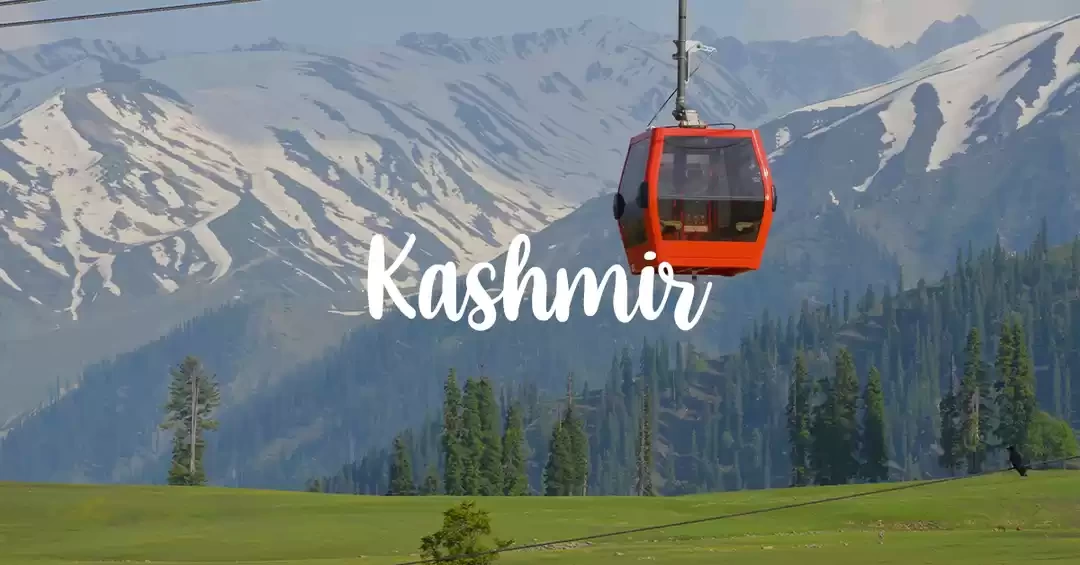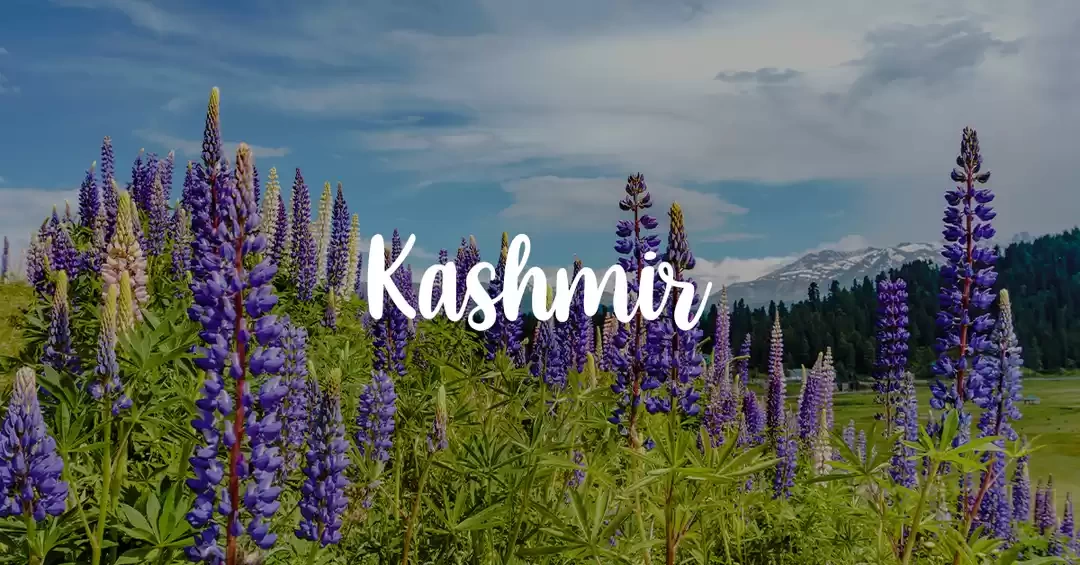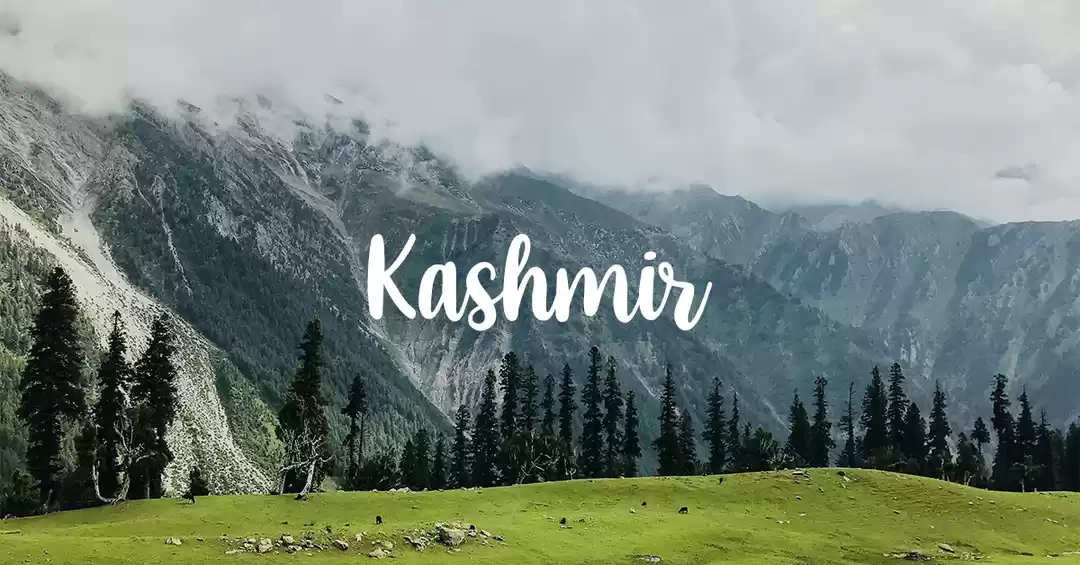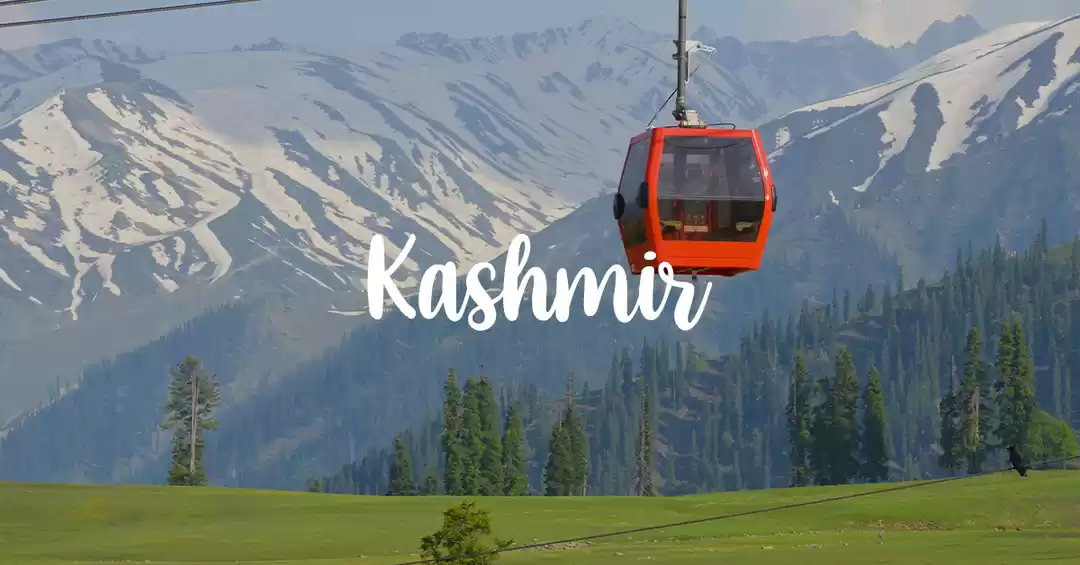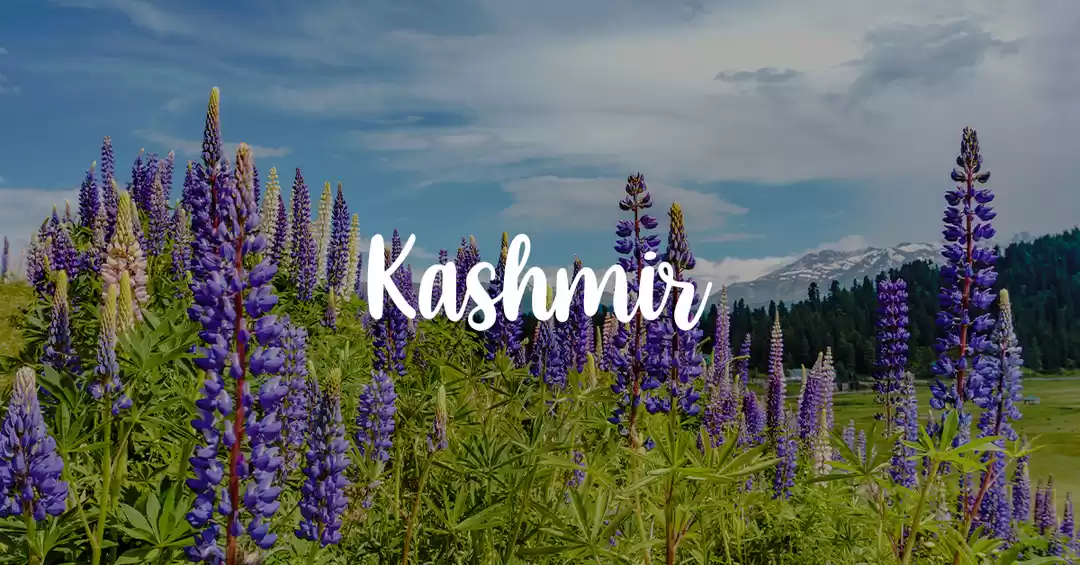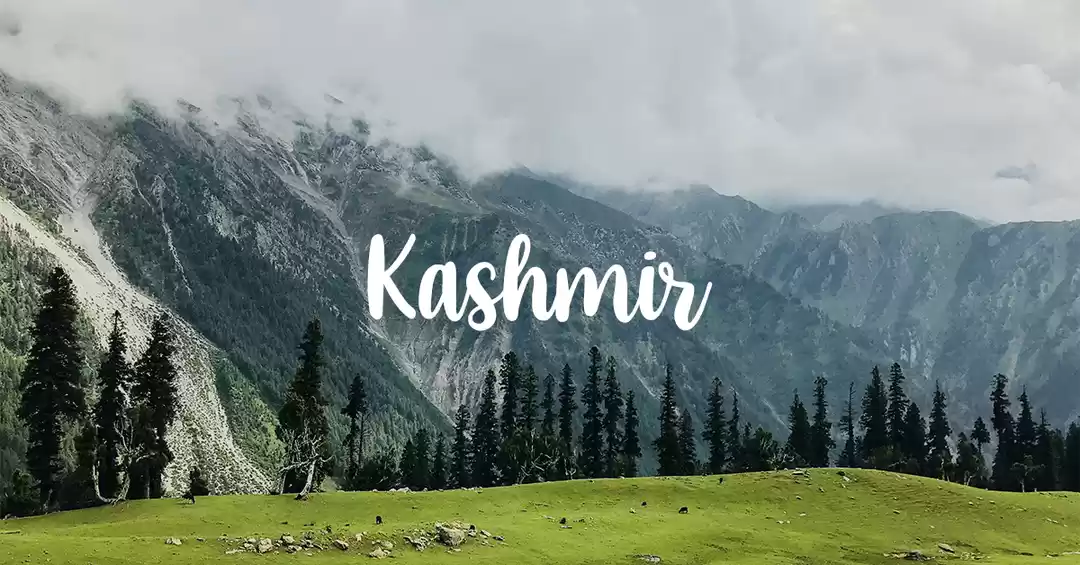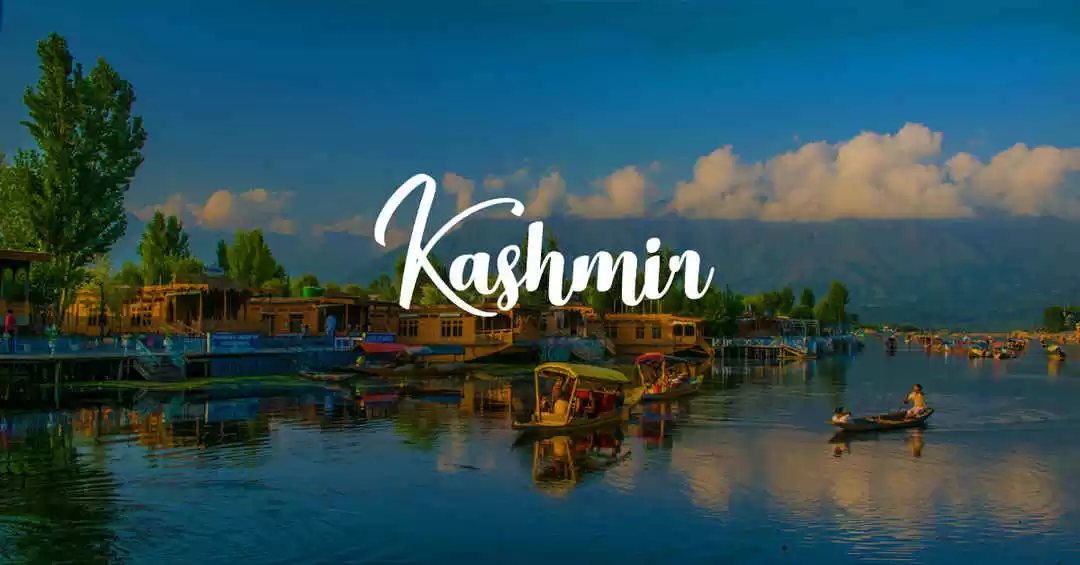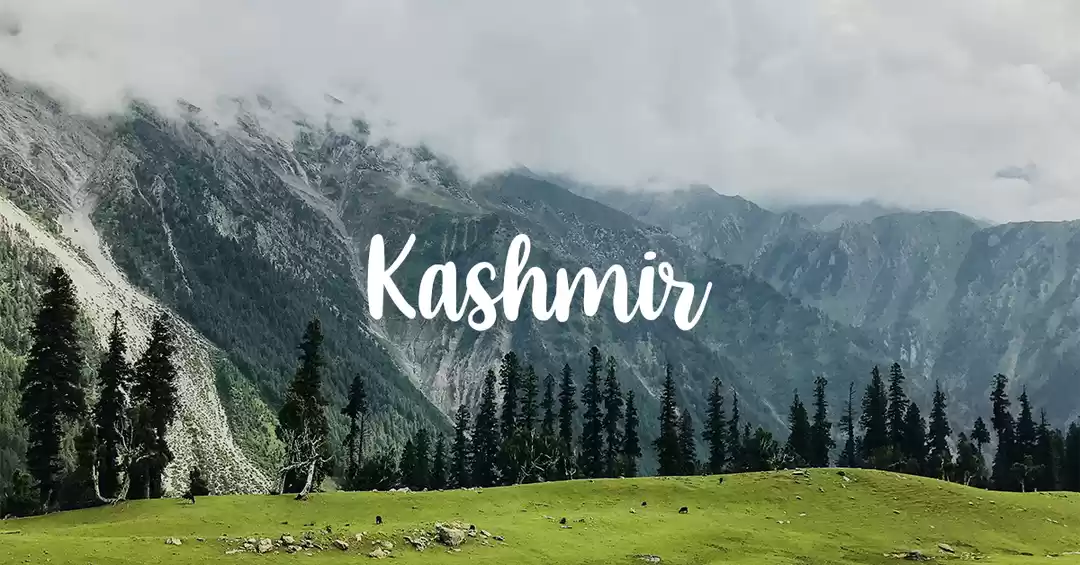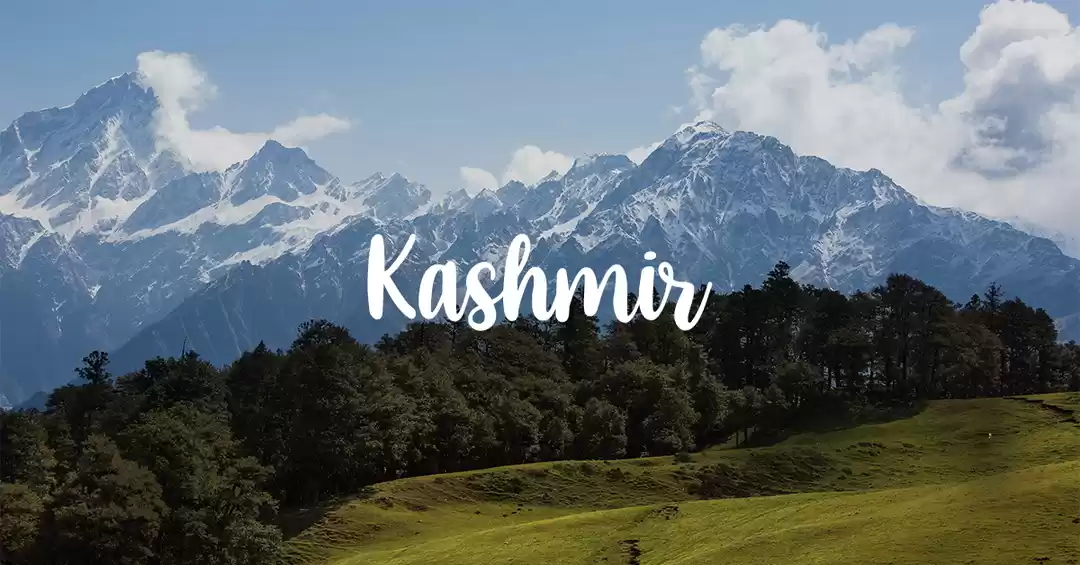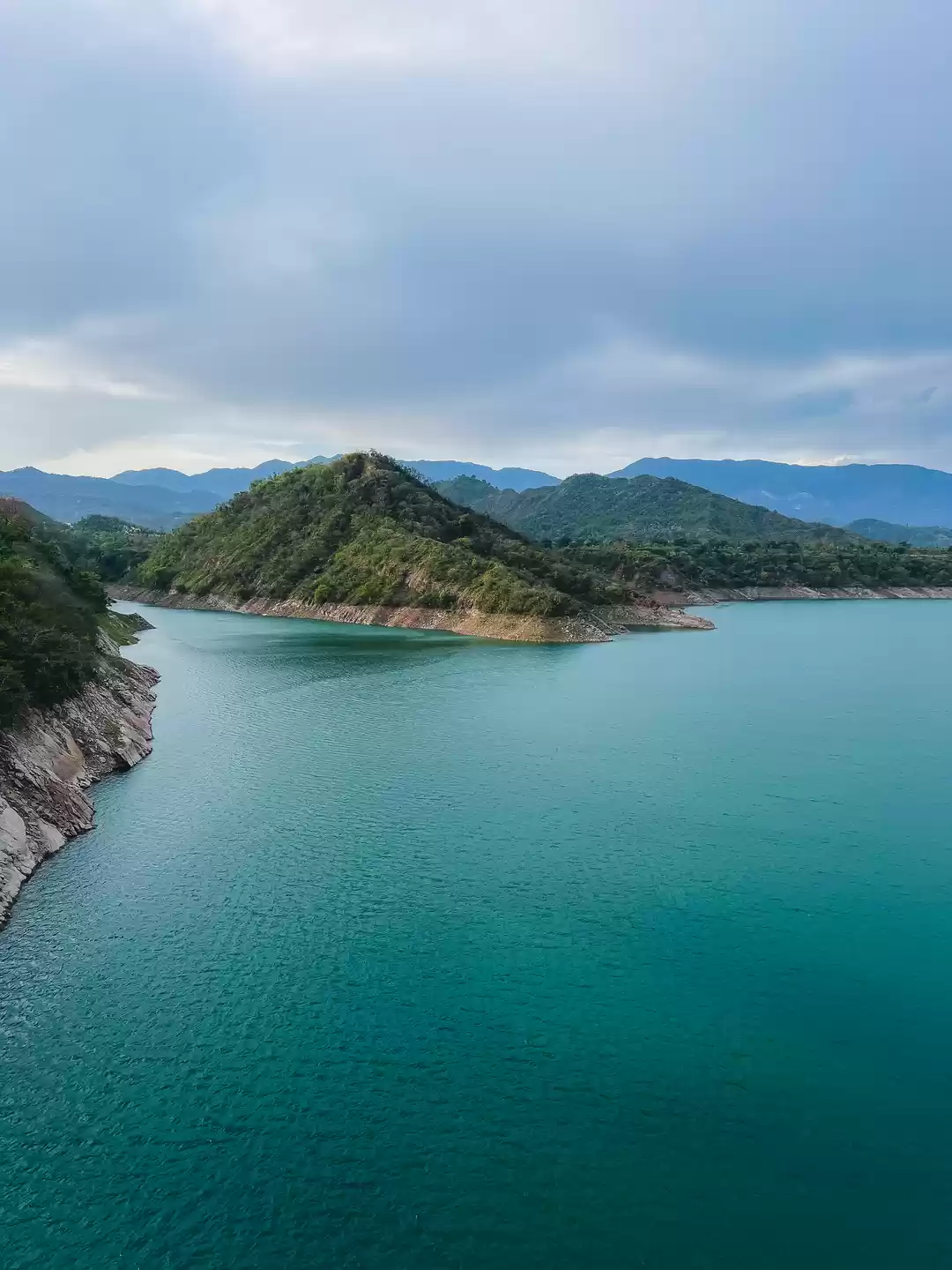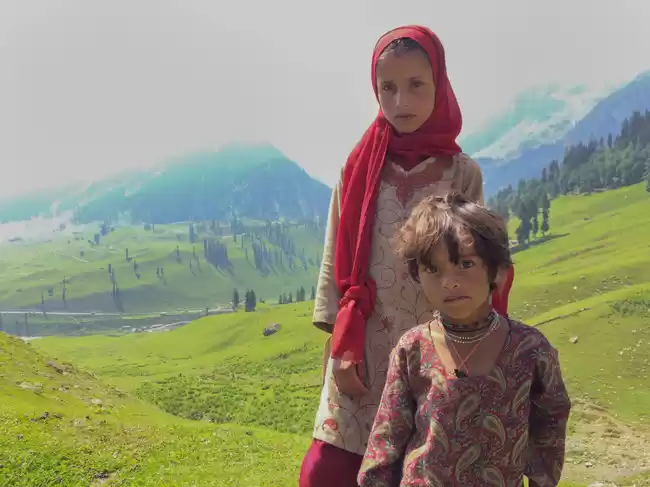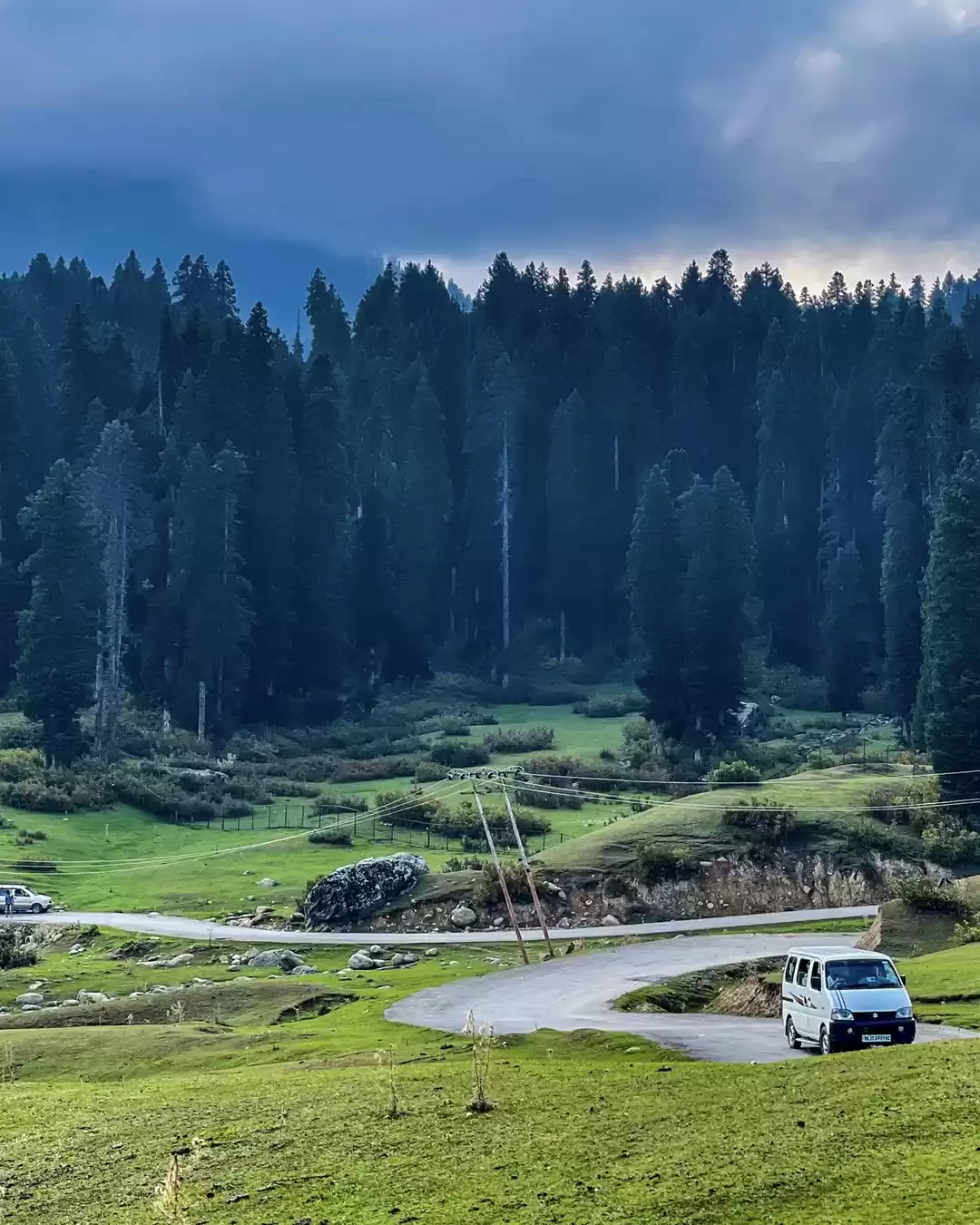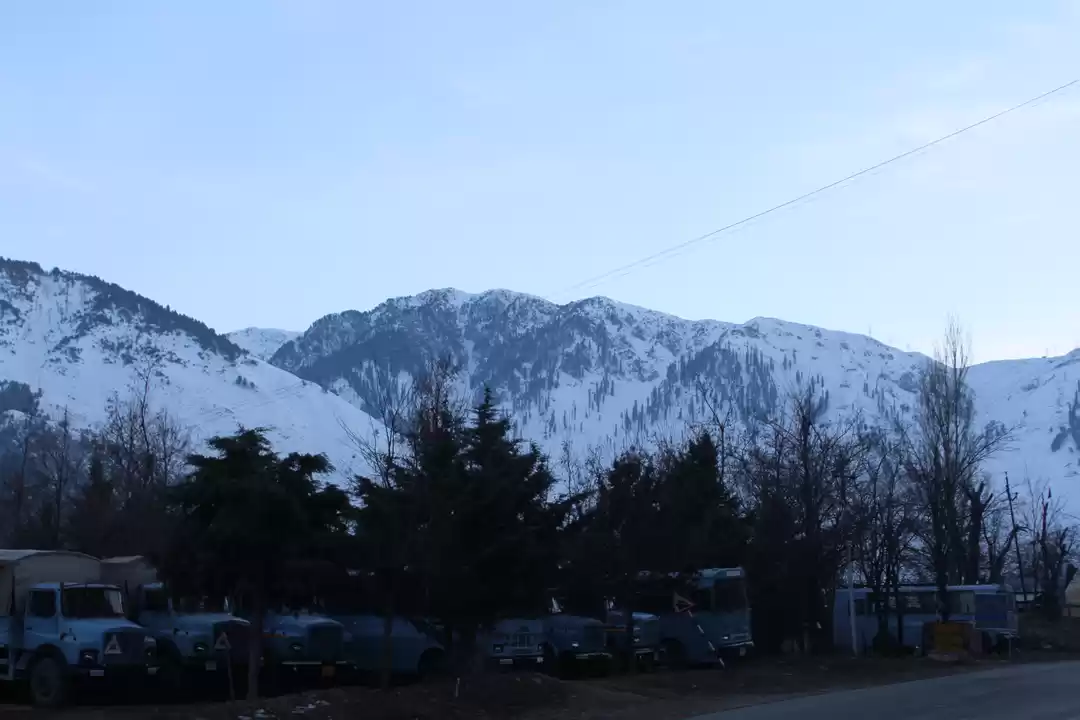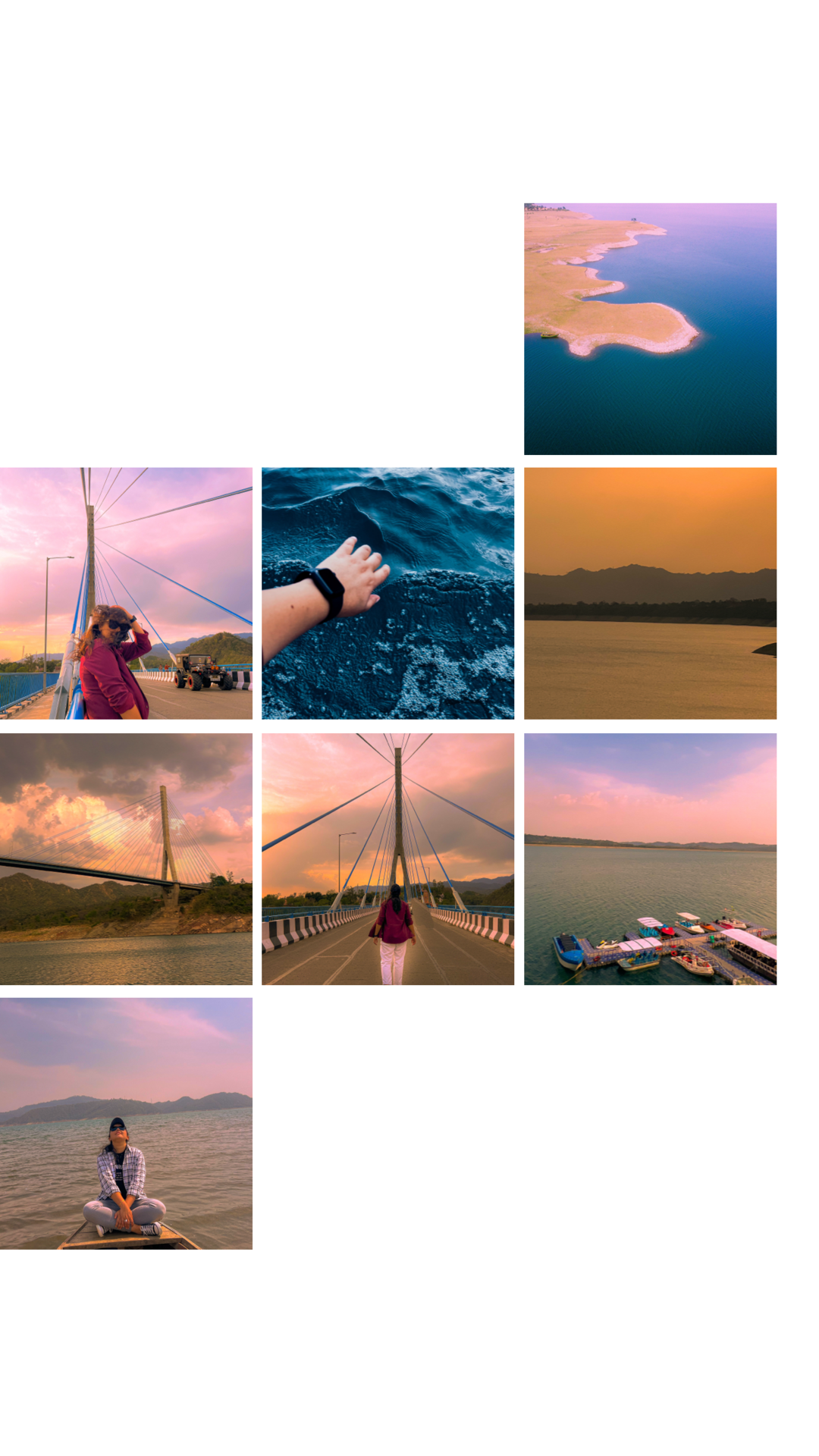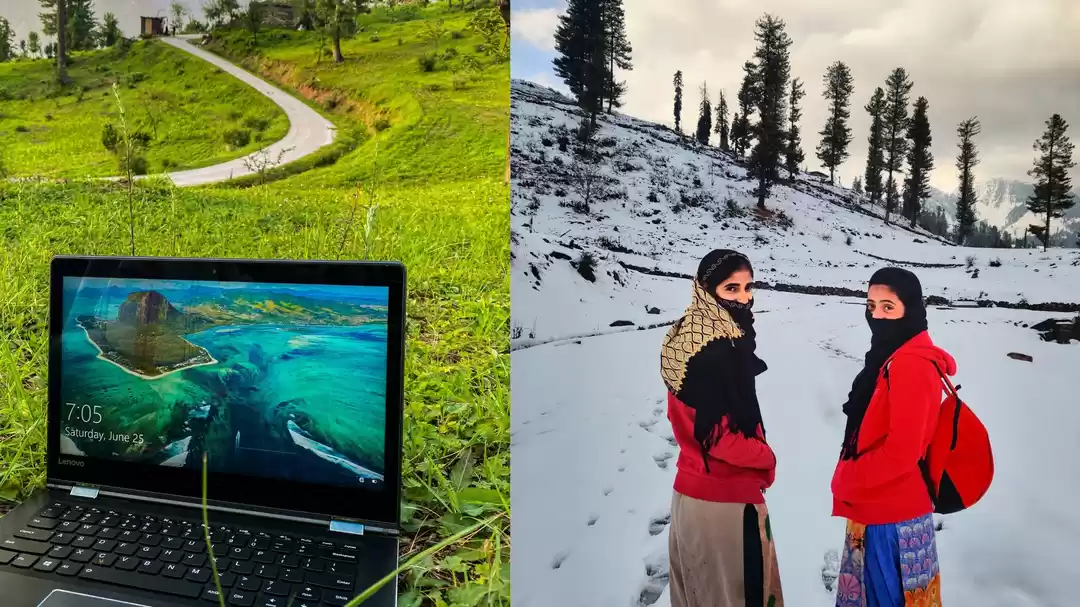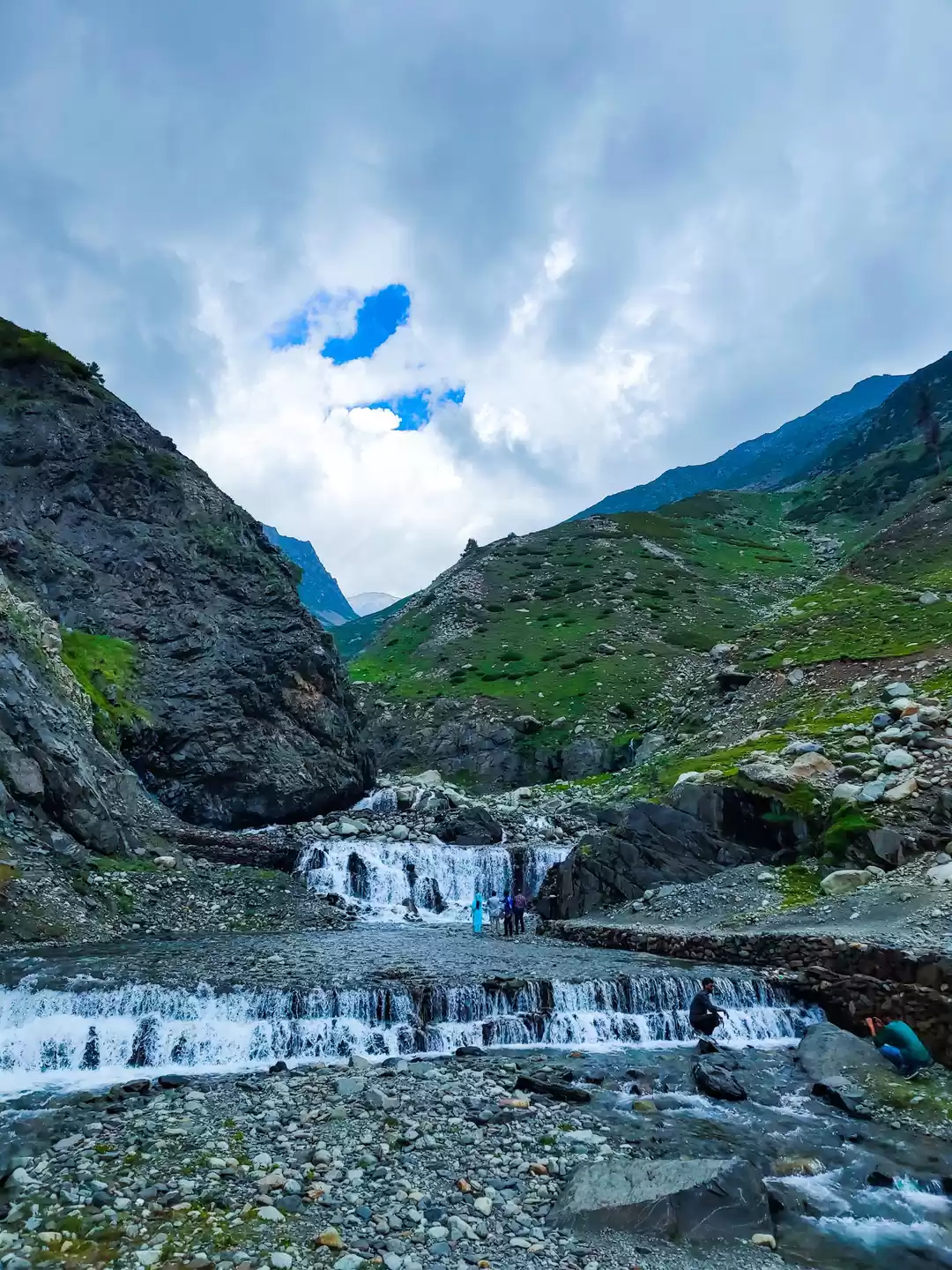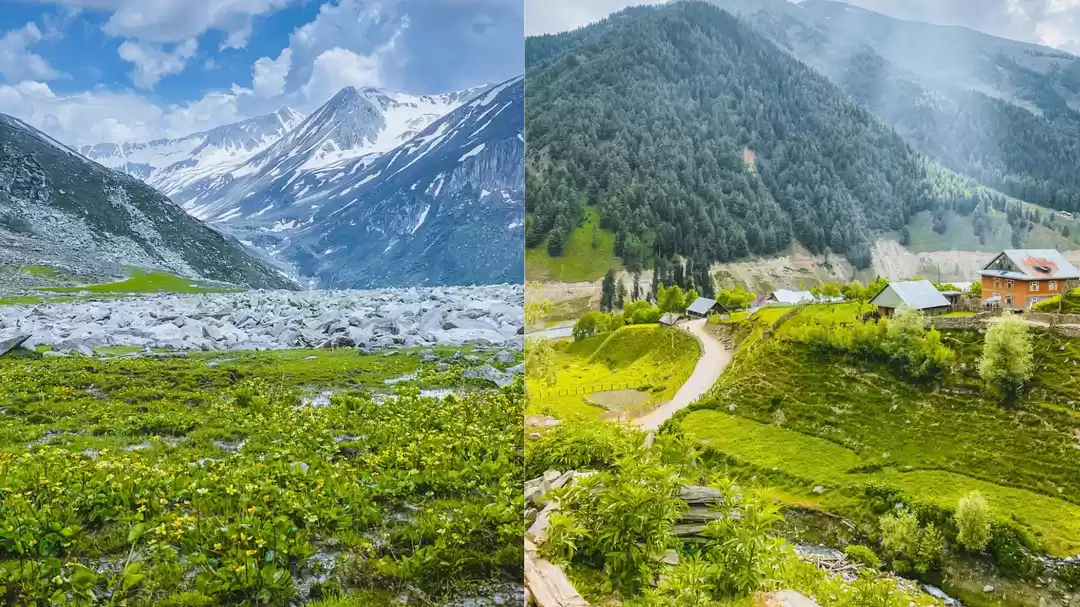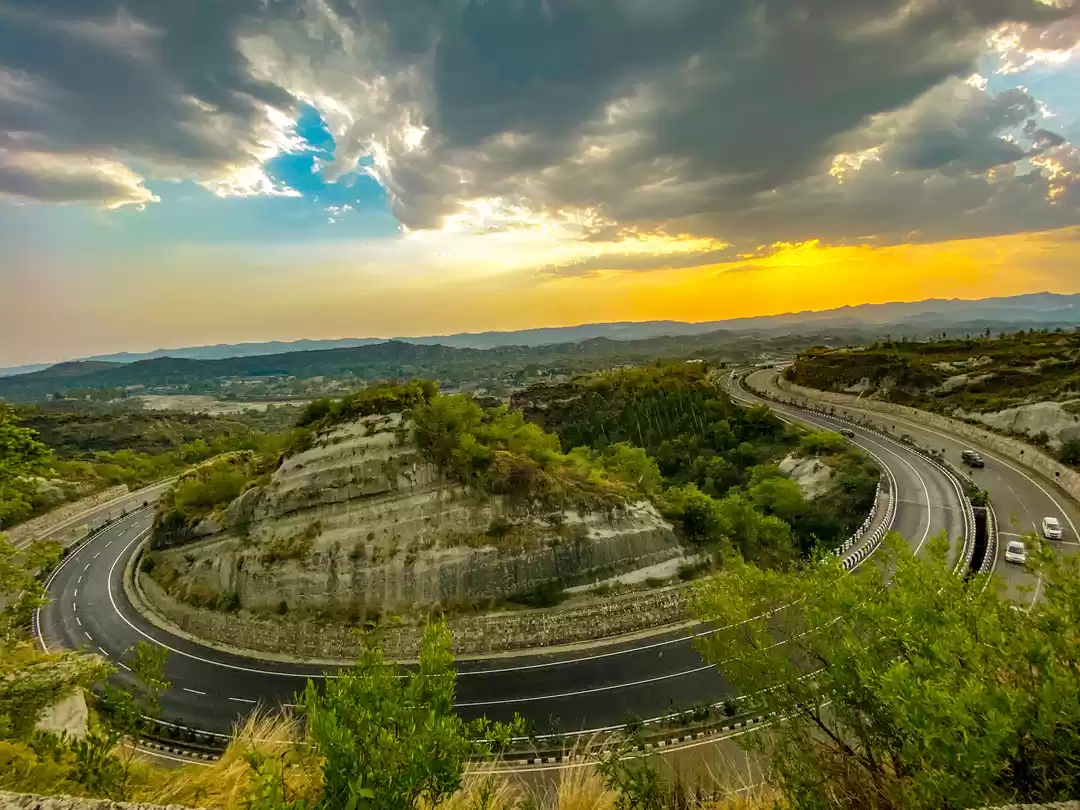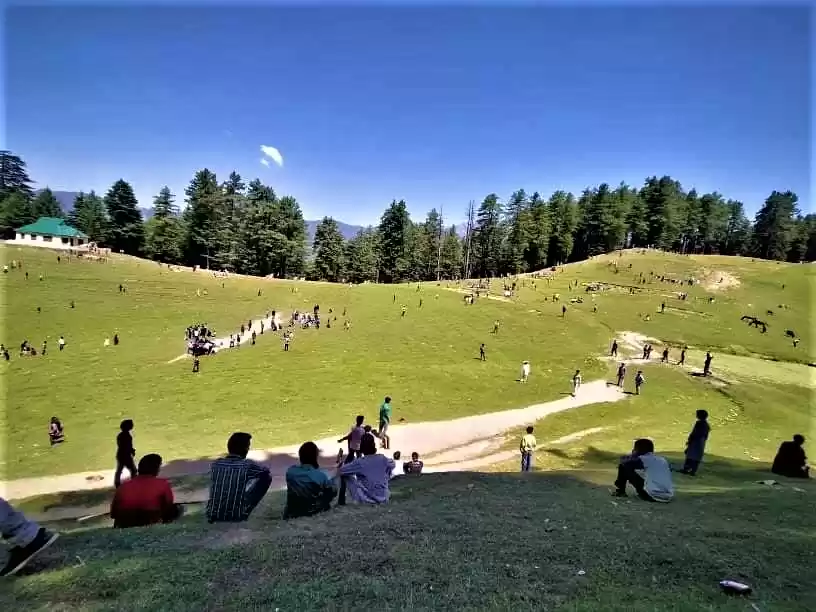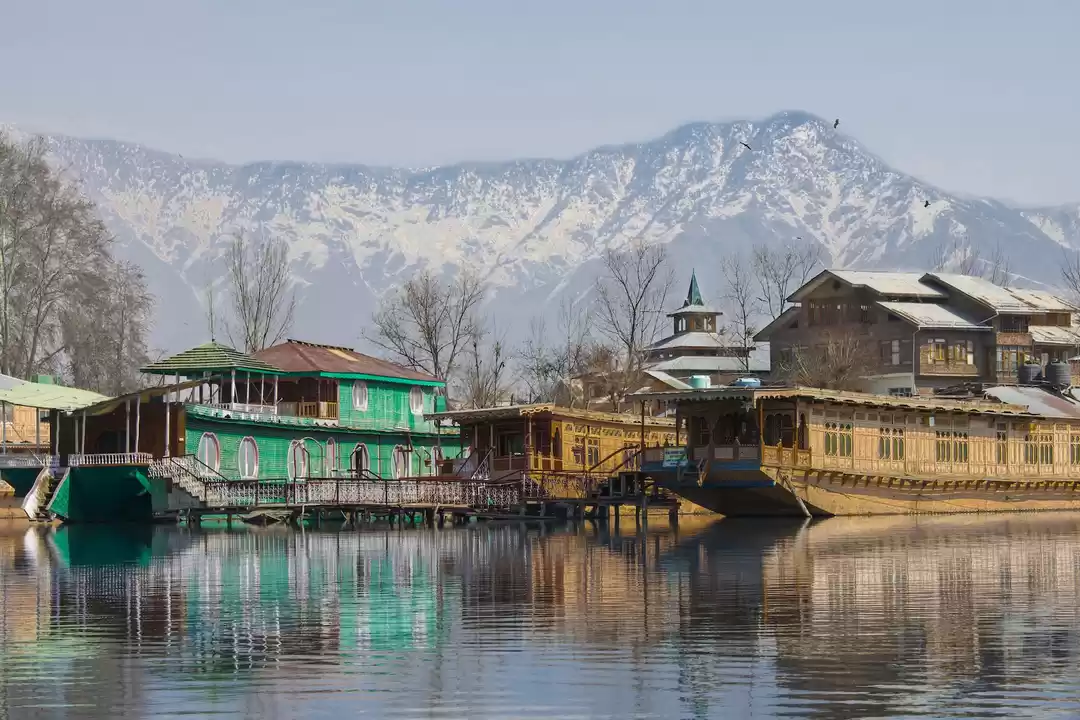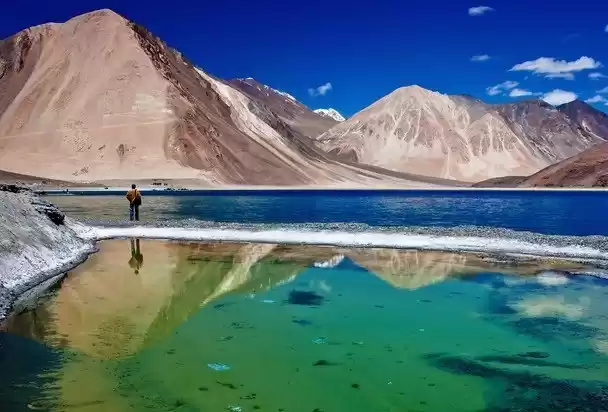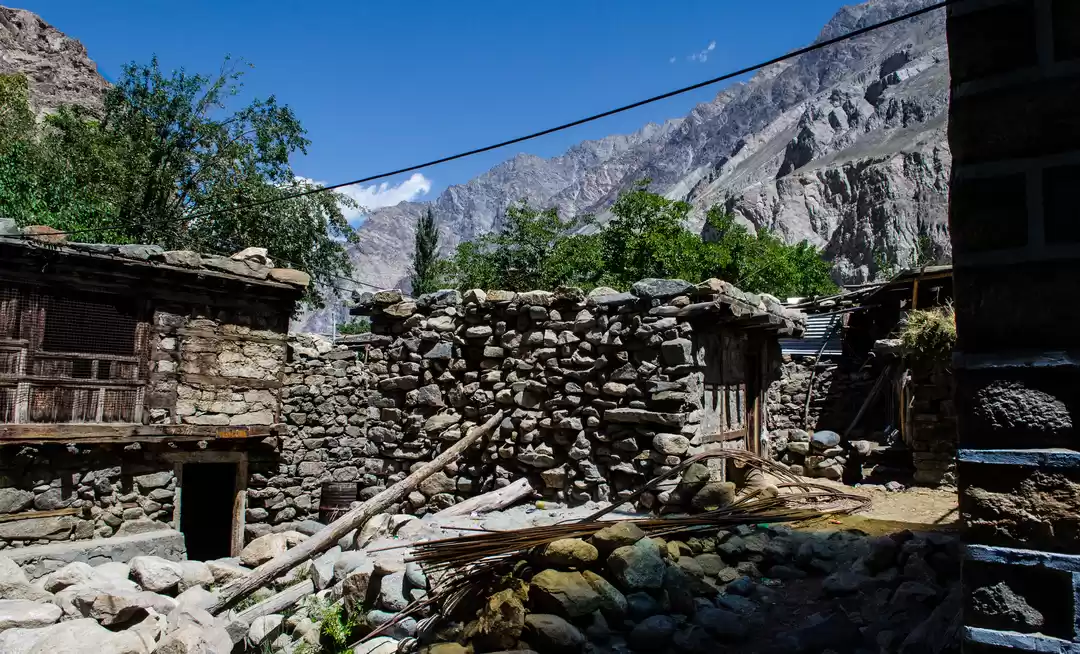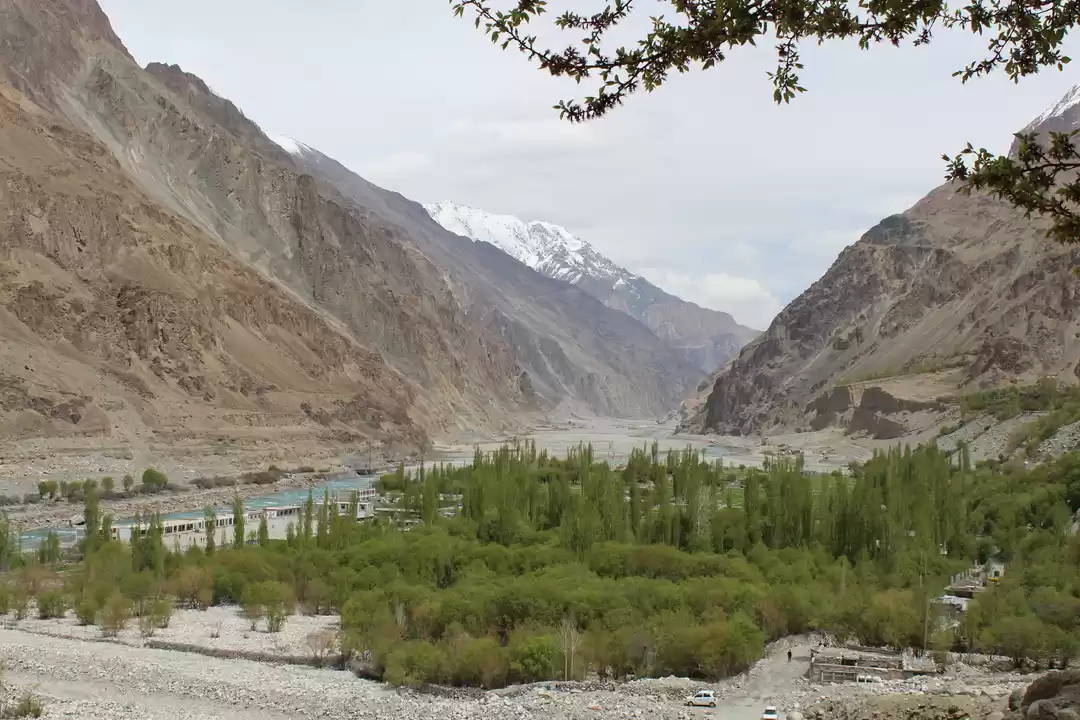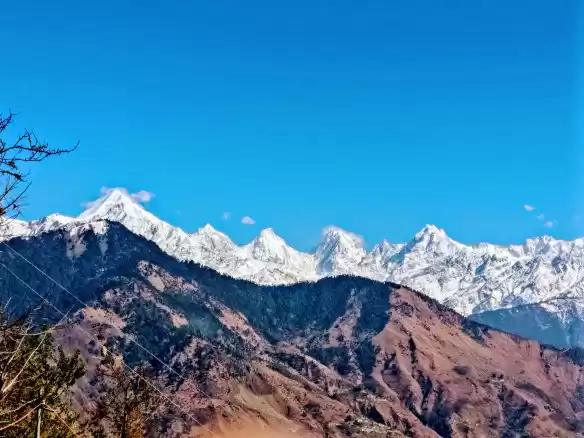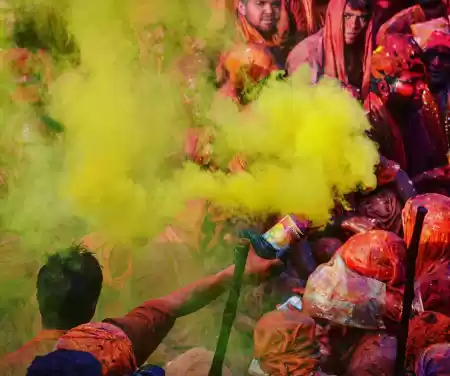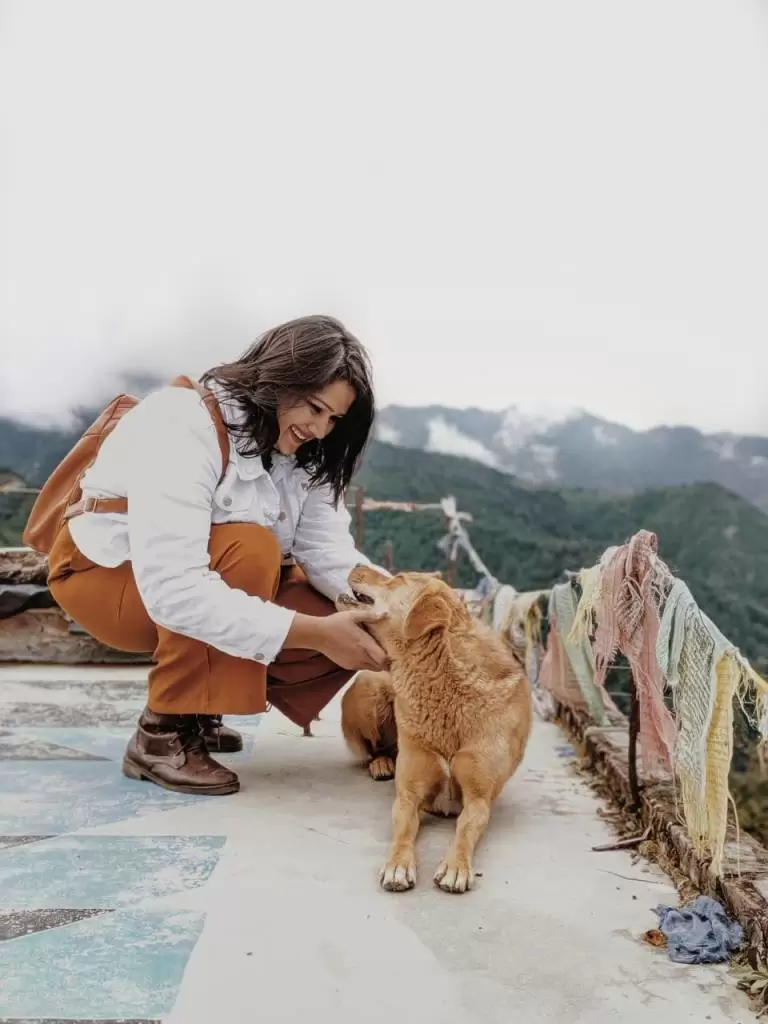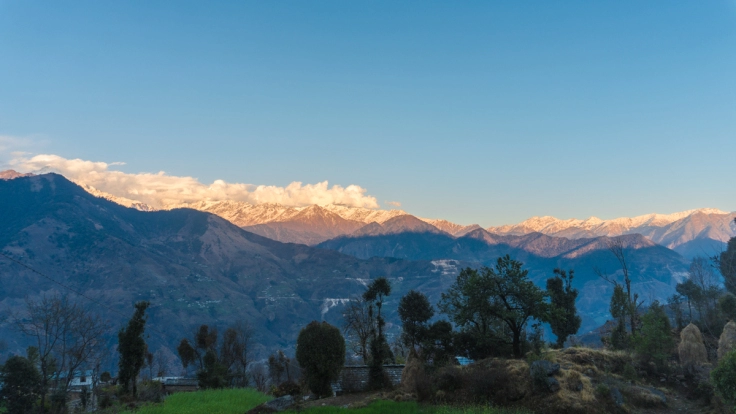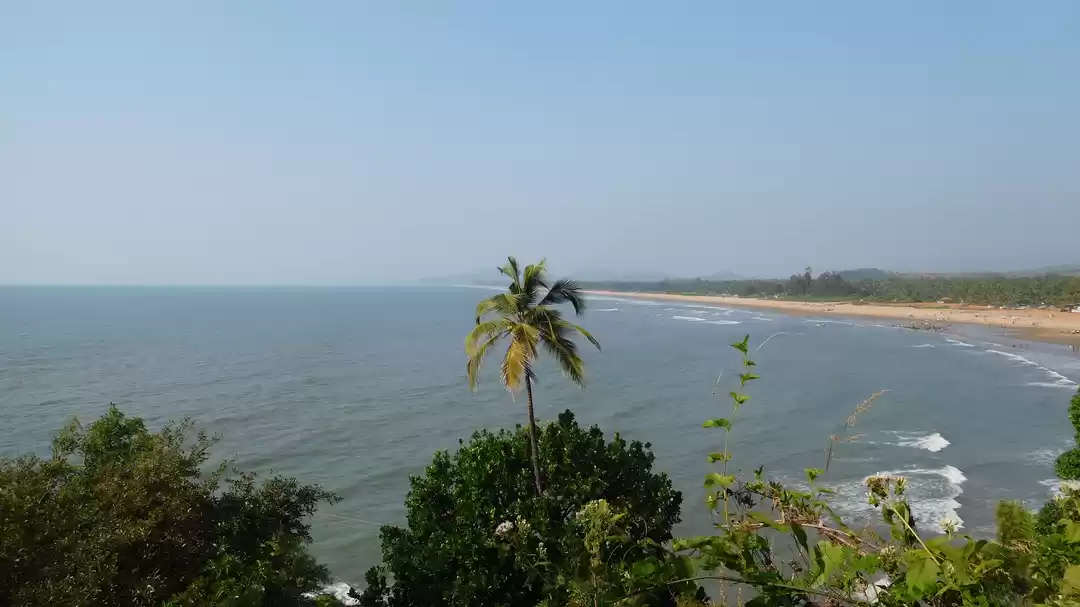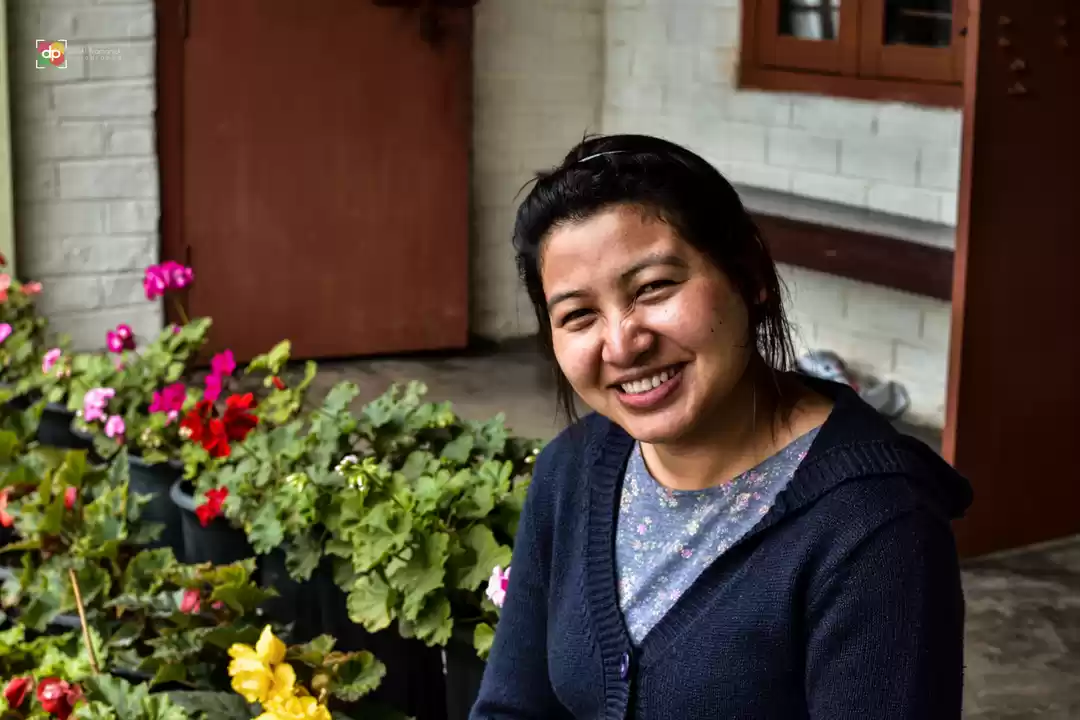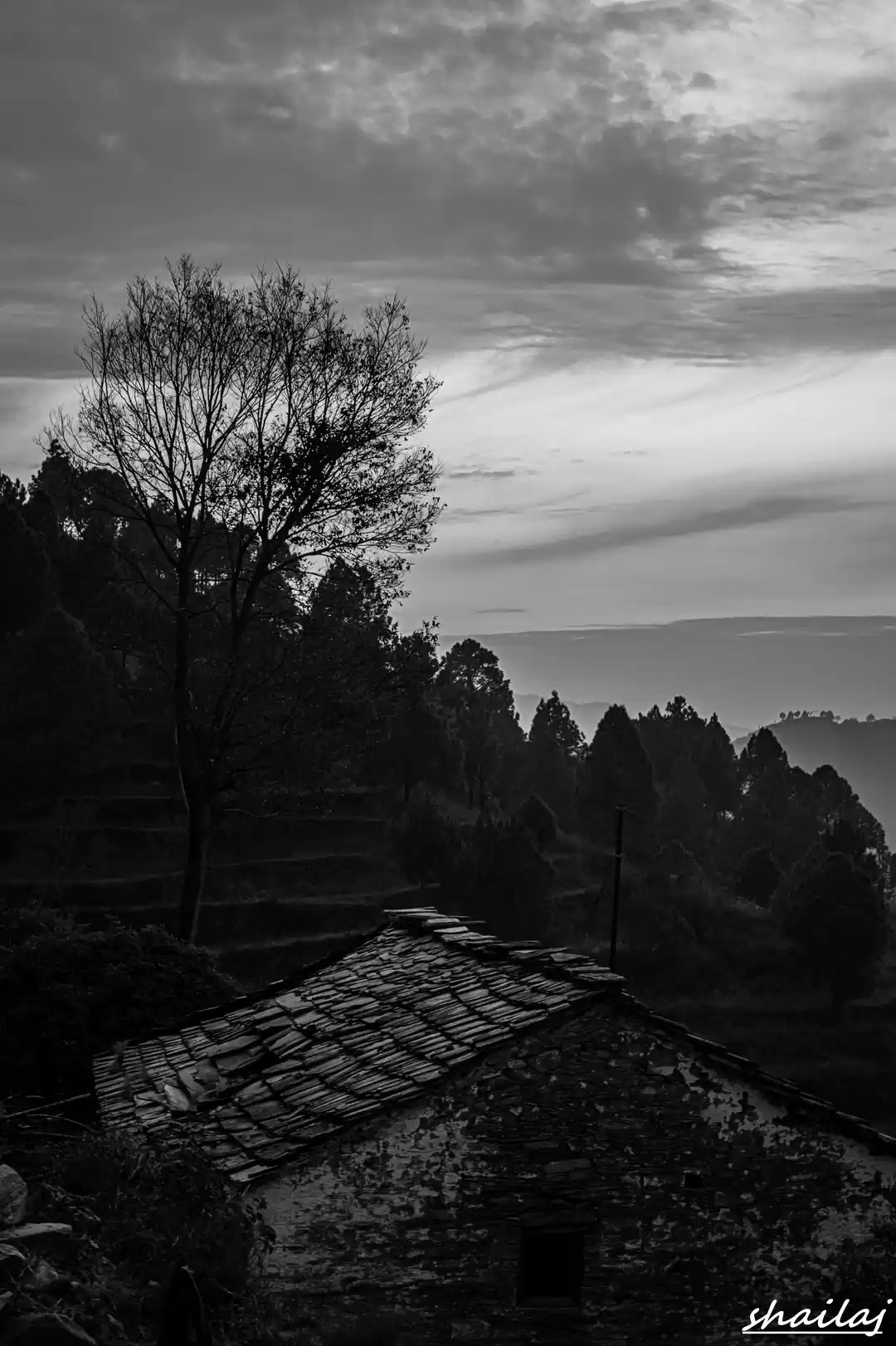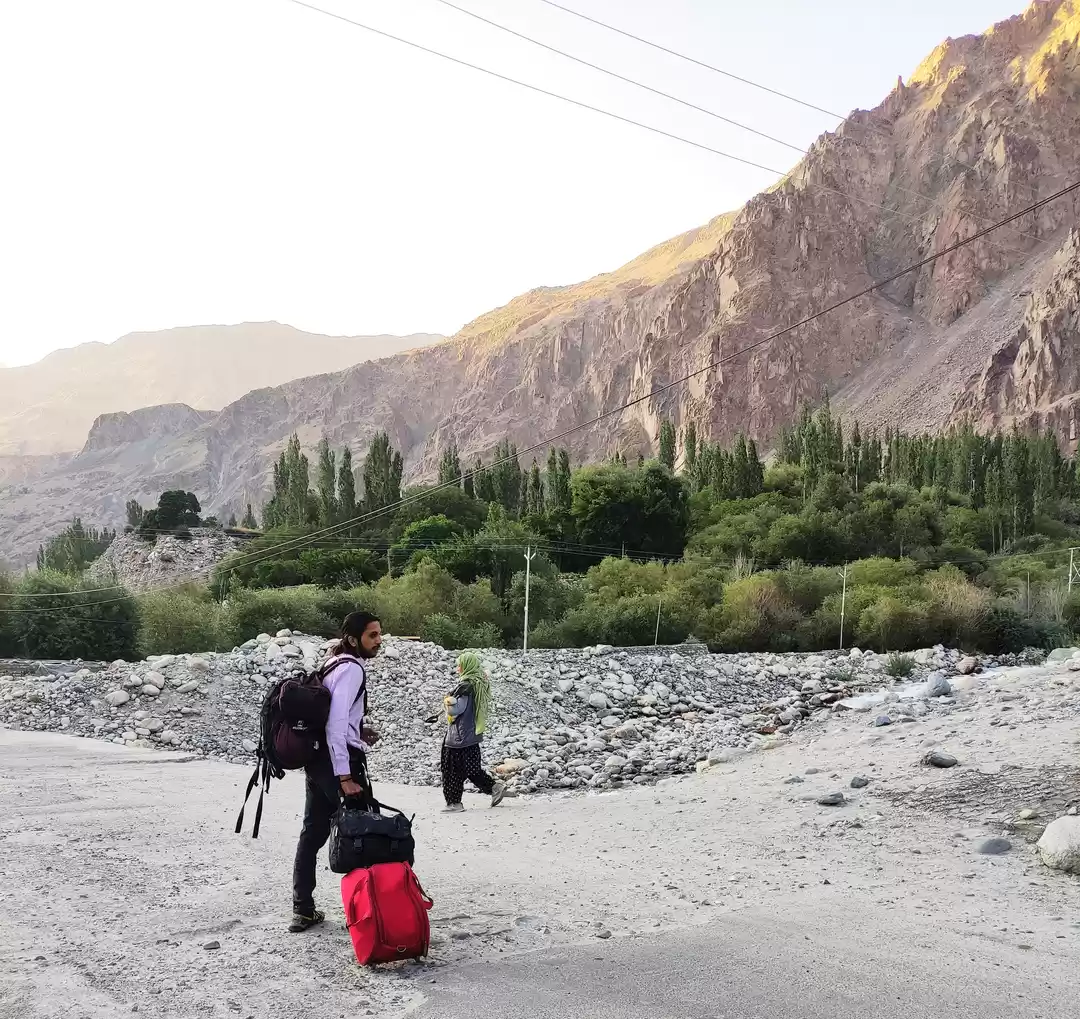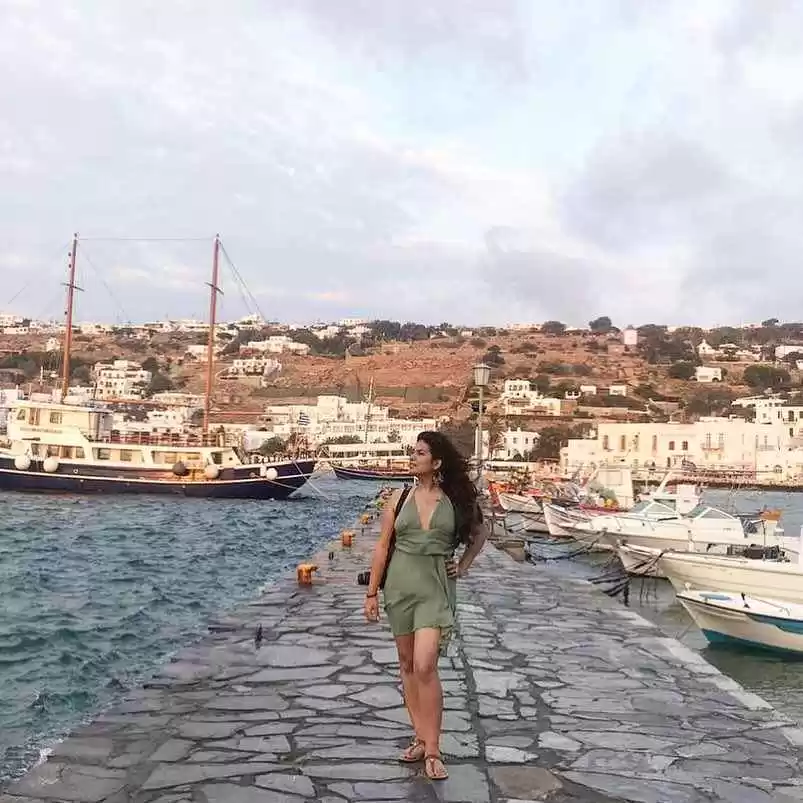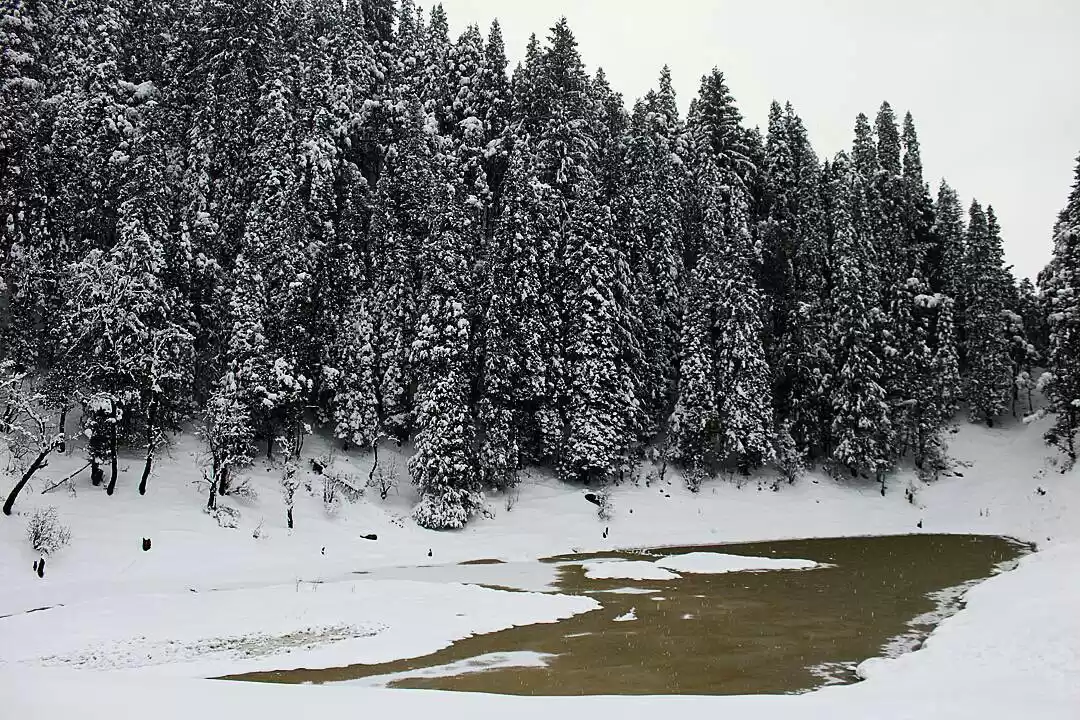This was the fourth day of our Ladakh trip. Pallavi (my wife) and Nisha (Ankit's wife) had decided to spend the day at the resort and take a break from their hectic schedule. Ankit (college friend turned family) and I knew what that meant; reliving Manipal days, discussing current lives, equations with our families, our businesses, and so much more.
The four of us met at the restaurant at half-past 7. Thankfully, the breakfast was much better than the previous nights' dinner. We filled our bellies, hugged our wives, and left for Turtuk.
In comparison to the other days, the weather today was colder and more comfortable. We quickly made a few calls to our families and checked upon our work. In no time, we came across Hundar where we were to ride on a double-humped camel 🐫. It looked mesmerizing from a distance. Although we wanted to get on their backs right at that moment, we decided to do it on our way back. Probably get our wives along. See you later double-humped camels.
The drive from this point to Turtuk was roughly two hours. Ankit and I were alone for the first time on the trip. We started talking about how the trip had been so far and where all did we go wrong. We discussed how both Pallavi and Nisha fell ill and that probably we should have given ourselves more time to acclimatize. We also wondered how they were feeling about Ladakh, the stay, the food, and the company they were being provided. Time passed by as we spoke our hearts out to each other.
The drive to Turtuk was pleasant. All four of us should have come. We parked our car and headed on our expedition to a local village in the northernmost part of the country. After getting lost twice and nearly two dozen turns later, we reached the Yabgo Palace Turtuk, now converted museum, which was earlier the Palace of the King.

We were greeted by two cute kids at the entrance, one of whom recited the visiting charges as though she had narrated it a million times before. We paid for the visit and a session with the so-called King and stepped inside. One of the kids followed us inside and took us in front of a map of Jammu and Kashmir. She explained how Baltistan and Aksaichan are occupied by Pakistan and China respectively but we still draw them on our map. Turtuk was originally in Baltistan but came under India after India won a battle against Pakistan in 1971. It is a predominately Muslim village.
We then moved to the first floor and removed our shoes to meet the king. A small group had gathered around him, all keen on knowing the pedigree of Rajas of Yabgo dynasty. Yabgo Mohd Khan Kacho, the oldest king of the Yabgo dynasty alive, now a landlord and part-time narrator, made us comfortable in his small mansion and allowed us to settle. He took us through the history of his family and explained how their territory became small and eventually got taken away by the Britishers. He opened the floor to questions and one person asked how do the people of Turtuk feel about being governed by India, and if there was any difference from when they were governed by Pakistan. Now the question was simple and not worthwhile, but the answer of the wise King stuck with me as a leech does to its prey. The King explained, "Neither the Indian government gives freebies to Hindus nor does it happen to the Muslims in Pakistan. The government treats every individual equally. And as for the people, they shouldn't judge others based on appearance or caste. A Muslim keeping a long beard shouldn't be considered a terrorist and a Hindu pandit applying Chandan and Roli on his forehead shouldn't be considered any less or any more human. He should be allowed to cover his entire face with Chandan and Roli if he wishes for that. As long as such minute things are not a problem, the people of Turtuk are happy with whichever government is protecting them."

We came out of the museum, King's words still echoing in our heads. Now was the difficult part of the day. While planning for this trip, I had requested Utkarsh, my travel guide, and friend, for a visit to one of the houses in Turtuk and to have lunch with them in their style. I'm like that. I like seeing the local culture, meeting the local people, enjoying the local delicacies. Only yesterday, I tried a local dish, SKYU, which was a soup made of wheat flour, veggies, etc. kneaded into flattened thumb-sized balls. Anyway, let's come back to Turtuk. Utkarsh had told me that adding it to the itinerary wasn't possible but I could try such a thing at the moment. So Ankit and I set out on a mission to find a family that would host us.

We tried our luck initially with those two cute kids from the museum. Straight no. More so, they even warned us from doing so. They said that such a thing wasn't going to happen here. We moved out of the museum and tried asking one person each and failed miserably. Disappointed, we started walking on our way back to the car parking. We came to a Kirana store and the owner looked like a nice man. We told him why we were wandering around the streets of Turtuk and he was happy to help, but his place of residence was far away. Sigh! One person agreed to help but couldn't. Though that gave us the confidence we needed. We moved a little ahead and a 6-7 year old boy waved at us. We waved back. He said hello. We said hello. His name was Azam. We asked Azam where he stayed and he pointed at his house which was just a few yards away. Ankit and I looked at each other and then did what Indians do best. We bribed him! We offered him chocolates if he would take us to his house. Azam and his friend, who was a mere spectator all this while, instantly jumped at the idea and shook hands with us. Deal!
The house was poorly built and it was the most rural house I had seen in my life. We climbed the stairs and there was some electricity work going on. Azam took us to his mother and said something in the local language and hid behind a rock that was being used as a stool. At first, I thought that the kid had trapped us. But didi (Azam's mother) greeted us with warmth. We quickly introduced ourselves and told her that we just wanted to see how a rural house looks like. Meanwhile, her husband came from behind, gave us a nod, and went back to where the repair work was going on. We moved to one room and I was surprised to see that there were no beds. Just single bed mattresses across all the walls covered with rugs. The lady took us to the other room which had a mattress on one side of the wall and it had the kitchen and few household things on the other area. Didi's mother was also sitting there and we greeted her. They offered us tea. Ankit quickly said yes. We sat, feeling proud of ourselves.

Didi, while serving us salted tea (it was pink in colour), told us that they lived in Leh and had only come to Turtuk to visit her mother. Her husband was into construction. I got reminded of the cement blocks kept outside their house and inquired about it. They make those bricks and sell or use them for their work. We clicked a picture with Azam and his friend. He asked if we were YouTubers. Didi jokingly asked us to interview Azam. We did a few funny questions. Auntyji (Azam's maternal grandmother) was silently watching us all this while, a small smile on her face. She offered some Khurmani which we ate. Rest, she insisted that we take back home. We finished our tea and I got up with the cups. It would not have looked nice if I had tea at their place and left the dishes dirty. But didi quickly tried to snatch the cups from me. After a few seconds of tussle, I let her win.
As we were about to leave, I went to auntyji and bowed down to touch her feet. Just as this happened, she took her hands towards her eyes and started crying. I was taken aback by surprise. Clueless about what was happening, I turned my head towards didi. Auntyji had lost her son to Covid. Her son was roughly our age and we reminded auntyji of him. That's why she was looking at us from a distance while we sipped our tea! I was feeling so bad that I can't even express it. It was impossible to imagine what the family must be going through. He was the only son to three daughters. Ankit and I just sat there, absolutely still, watching didi and auntyji, as tears rolled down their cheeks. We requested them to stop crying and apologized for being the reason. They controlled their emotions and bid adieu to us. As promised, I took the kids to the same Kirana store to get them chocolates. The kids decided to treat themselves with chocolates and a bottle of Coca-Cola. I don't know why, but I also got some ration for the family.
Ankit and I carried the bags back to their house with the kids following us this time. We didn't want to go up. We had planned on leaving the bags at the gate and taking leave. But we had underestimated the woman who had lost her brother. Azam's mother was standing just a few stairs up on the house waiting impatiently for her kids to return. On seeing us with the bags, she scolded us with warmth, "Why did you bring this? This wasn't necessary. You didn't even break bread here." I replied that it was not because of the tea or khurmani, but the love which they had showered upon us. I swear, if I had stayed there any longer, I would have cried. We quickly said a final bye and left. Neither of us spoke a word to each other until we reached the car.
On our way back, we picked Pallavi and Nisha and had an amazing time riding on the double-humped camels. We even lit a bonfire in the evening and danced around it. But when I rested my head on the pillow later that night, all I could think of was the family in Turtuk.

No matter who you are, or what places you visit, certain events occur when you least expect them and they stay with you. They teach you that the most prestigious ornaments are not gold or diamond, but compassion and humility. I read it somewhere, "We buy things we don't need, with money we don't have, to impress people we don't like." The answer given by the King and the experience with Azam's family is going to remain etched in my heart for a while.



